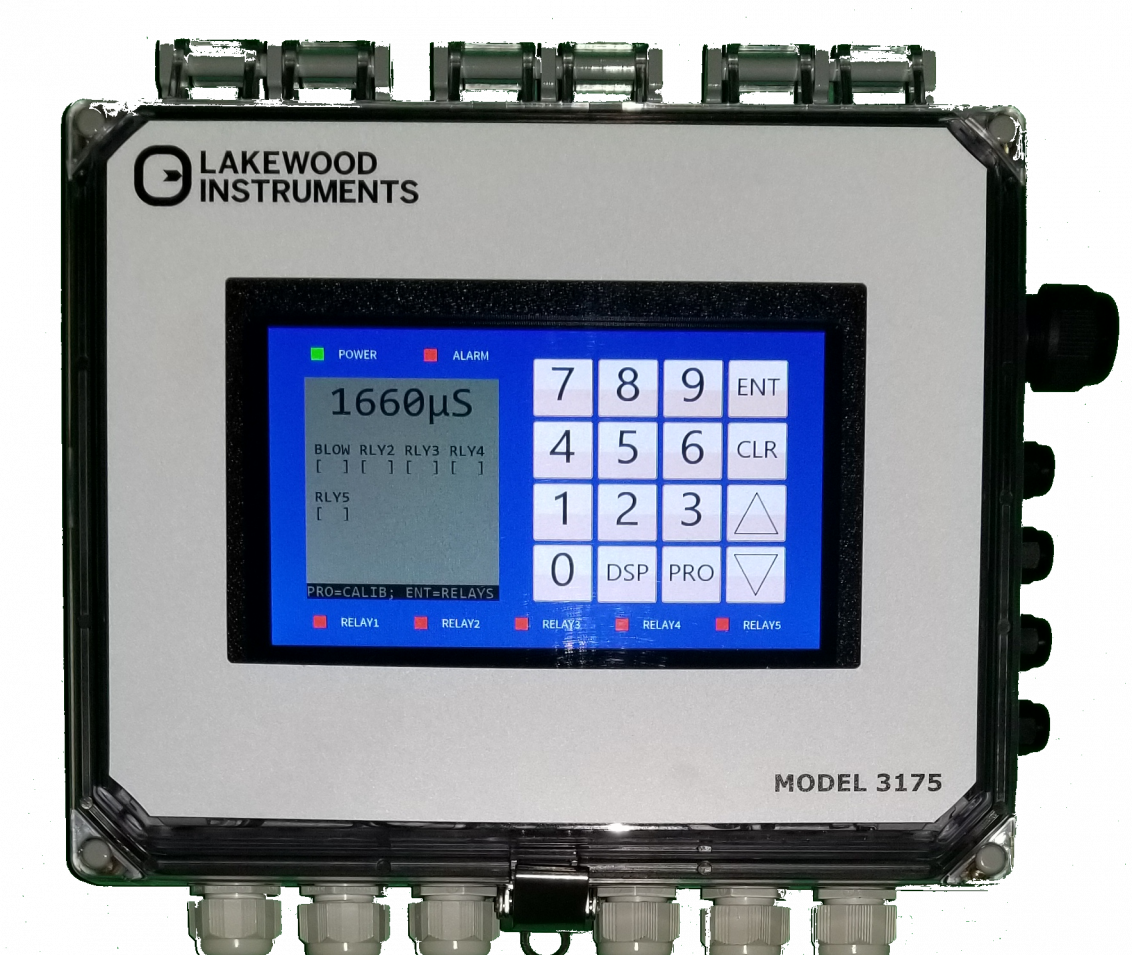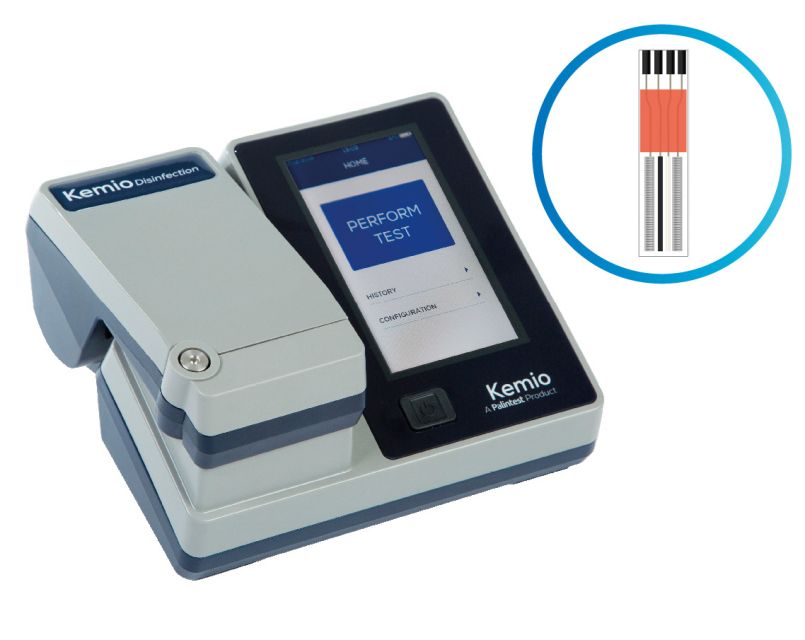Cooling Tower Molybdate Disapearence
August 22, 2017 0 Comments

A customer had a cooling tower system with pH control, a molybdate traced scale/corrosion inhibitor, and bleach-based biocide program. The operators contacted their water management specialist with concerns about why their tested molybdate levels were so low. Their results did not correspond with the amount of scale/corrosion inhibitor being feeding into the system.
What factors could affect the tested molybdate levels in a cooling tower system? Take a few moments to consider the system diagram below and think of what could cause this.
City Makeup
Cooling Tower Blowdown Process
3005NSS Feed
Citric Acid Feed
Bleach Feed
Cooling Towers 279
Problems such as this can be very perplexing and can have several causes. Sometimes, you have to go the extra mile to get the answer. This is exactly what the Associate in charge of this account did.
Applied Chemistry
The chemistry applied to the cooling tower system was:
- 3005NSS - a molybdate-containing scale and corrosion inhibitor
- Citric acid - pH control
- Bleach - an oxidizing biocide used for microbiological control
Possible Causes of Low Molybdate Readings
- Low Cooling Tower Cycles: Running the cooling tower are lower cycles of concentration will result in lower molybdate levels even though the 3005NSS feedrate was the same. This was not the case in this situation.
- 3005NSS Underfeed: Underfeeding the 3005NSS would directly affect the tested molybdate residuals; however, the theoretical feed rate and actual feed rate compared closely to one another.
- Chemical Line Leak: A leak in the 3005NSS chemical line would obviously reduce the amount of chemical fed to the cooling tower, but no leak was found.
- Improper Product Blend: It is rare, but not impossible to get a product that has been blended improperly. Being able to do a dilution to test product concentrations is a skill all professional water treatment experts should possess. A sample of 3005NSS was diluted and tested for molybdate concentration. The tested molybdate level was very close to the theoretical level expected.
- Loss of Chemical Component in System: Some chemistries are naturally lost in the system due to evaporation or consumption.
Molybdate is nonvolatile and consumption to form a protective passivated layer on the metal surfaces should be minimal once the chemistry has been established. Molybdate was not being lost in the system.
- Test interference: An expert water treater should be aware of possible interferences to the tests he runs. The analysis procedures manuals for the colorimeters and spectrophotometers do a great job listing these interferences. An initial review of these interferences showed nothing in the system that should be interfering with the molybdate testing. Both the bleach feed and citric acid feed were Cooling Towers 280 new additions to the treatment program and corresponded to the approximate time that the operators started having problems with their molybdate testing. The analysis interference chart showed that it would take a chlorine reading of 7.5 ppm to cause interference. The free chlorine levels had never been anywhere near that high in the system. The analysis interference chart did not specifically list citric acid; however just because something isn't listed does not mean it is not an interference.
Checking for Citric Acid Interference
The water management associate telephoned the water analysis manyfacturer to ask if citric acid interfered with molybdate testing. They were unsure but recommended a test be conducted to determine if it did.
A dilution of 3005NSS was prepared. This dilution was divided into several containers and the pH was adjusted to various levels using citric acid and sulfuric acid (as a control). The results were as follows:
Table 1 - Citric Acid Interference Determination
Acid Used Sample pH Molybdate (ppm)
Citric 6.7 0.7
Citric 6.3 0.3
Citric 4.9 0.0
Sulfuric 7.0 1.6
Sulfuric 6.2 1.5
As Table 1 shows, the citric acid was indeed an interference.
Conclusion
Through the detective work of the water management associate, citric acid was determined to be the interference with the low range molybdate testing.
The next steps required were to:
- Ensure the theoretical 3005NSS dosage was being fed on a daily basis while citric acid was still being fed to the cooling tower.
- Discuss the pros and cons of sulfuric acid feed with the customer so the inhibitor levels can be properly measured
Also in Blog

Advanced Cooling Tower Management: Enhancing Efficiency with Lakewood Model 140
February 28, 2024 0 Comments

Optimizing Cooling Tower Performance: Understanding Efficiency, Maintenance, and Water Quality Management
February 28, 2024 0 Comments

Revolutionizing Water Analysis: Everything You Need to Know About the Kemio KEM10DIS
April 19, 2023 0 Comments

